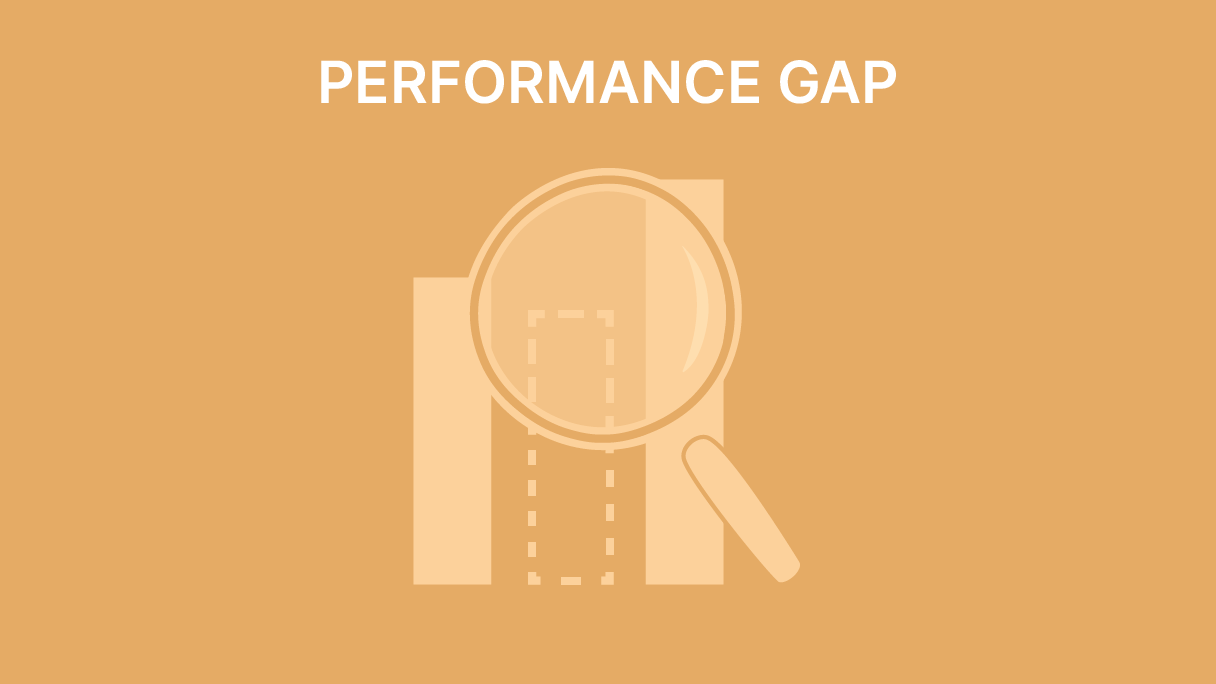Performance Gap
PERFORMANCE
Recorded by Sofie Pelsmakers, images by Essi Nisonen
KEY READINGS
Housing Fit For Purpose: Performance, Feedback and Learning, Stevenson, F. RIBA
Energy, People Buildings: Making Sustainable Architecture Work, Kimpian, J., Hartman, H., Pelsmakers, S., RIBA Publishing
A Handbook of Sustainable Building Design and Engineering: An Integrated Approach to Energy, Health and Operational Performance, Mumovic, D., Routledge
Pelsmakers, S., The Environmental Design Pocketbook. Riba Publishing
Designing for the climate emergency, a Guide for Architecture Students, Pelsmakers, S., Donovan, E., Hoggard, A., Kozminska, U., RIBA
INSPIRATIONAL BUILT EXAMPLES
AART, Home for Life, Lystrup, Denmark
Haworth Tomkins, Everyman theatre, UK
Mick Pearce, Eastgate Shopping Mall, Harare, Zimbabwe
PERFORMANCE GAP
This leads to projects that do not meet energy or carbon targets and may affect occupant satisfaction and their well-being. Performance must be met in reality, not on paper, and to achieve this, user-centric and interdisciplinary collaboration, are necessary with the architects' involvement in understanding how buildings function in reality (i.e. their performance). When monitoring performance we need to ensure we go back and fix things. This way we not only ensure intended performance is met in reality, but we also learn for future projects, creating a positive feedback loop and ensuring design targets and legislation are met. These lessons should also be shared publicly so we all leap forward as a profession and industry, learning together. Post-occupancy evaluations (POE) and building performance evaluations (BPE) and Soft Landing processes are essential for understanding performance aspects, and reducing the performance gap.
As a student you should use a Performance Risk Plan as if it was to be a real intervention, where you identify potential risks (threats) to your project’s performance, and how you can mitigate this

